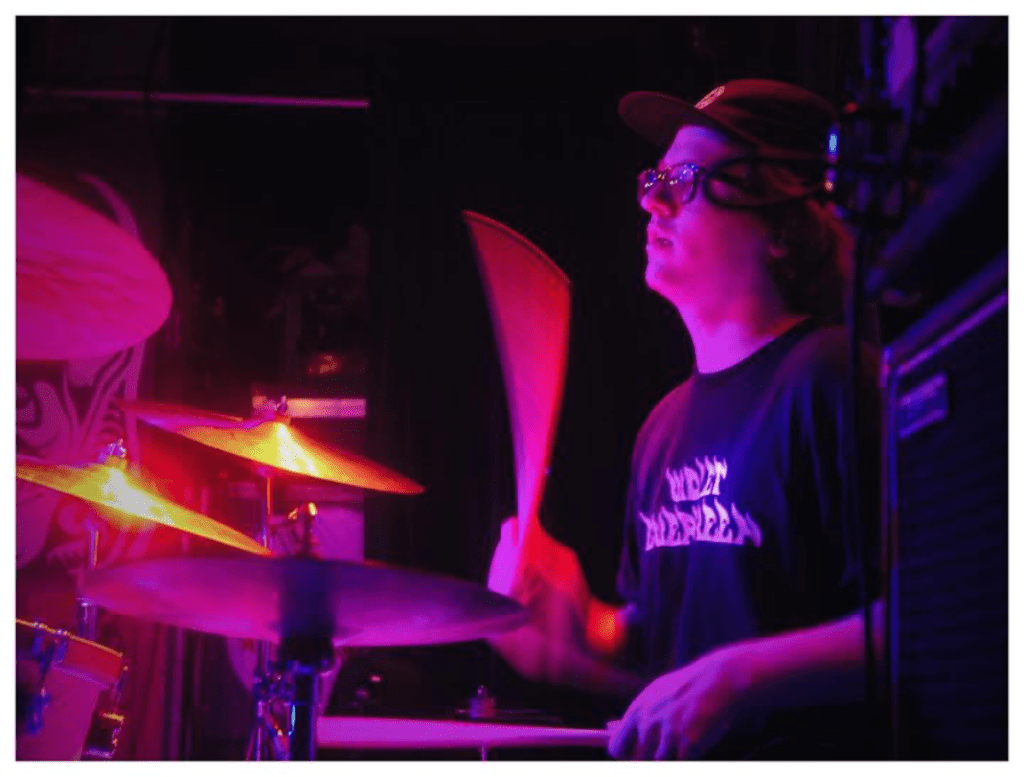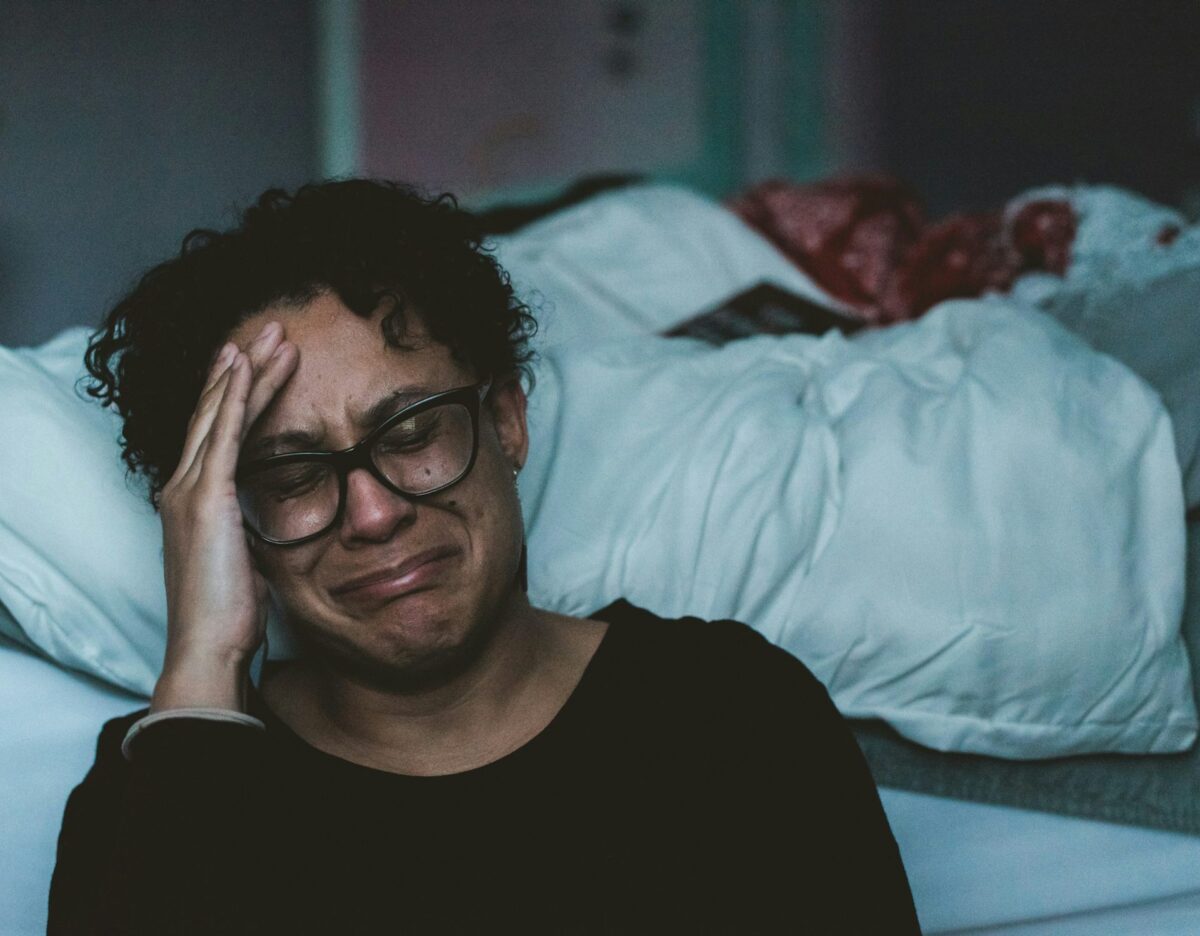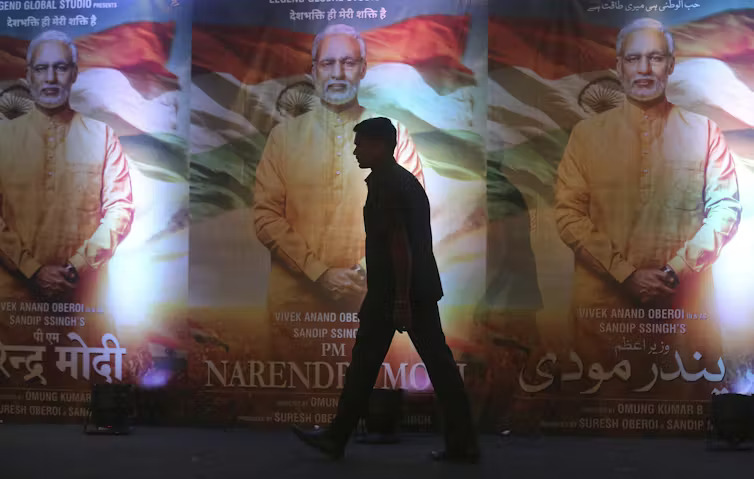In the wake of the unrest in Baltimore earlier this year, several UMBC faculty were interviewed by Diverse to share the projects they are doing with students and colleagues to work with the city as it recovers from its first uprising in nearly 50 years.
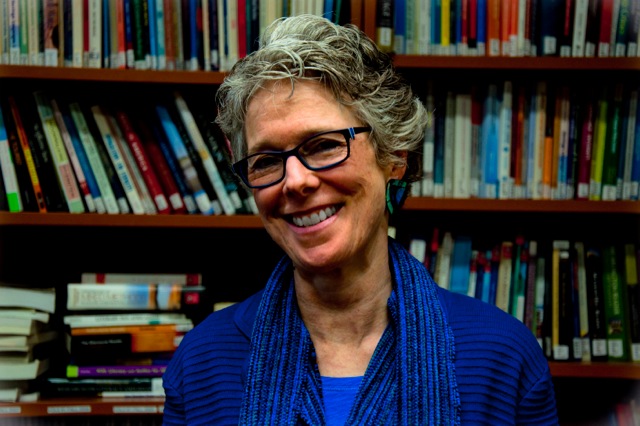 Beverly Bickel, a clinical associate professor in the language, literacy and culture program, discussed the Imagining America conference, which is sponsored by UMBC in partnership with MICA and Morgan State University. Many conference sessions will focus specifically on Baltimore and address topics such as race, inequality and community-based approaches to spur collective action.
Beverly Bickel, a clinical associate professor in the language, literacy and culture program, discussed the Imagining America conference, which is sponsored by UMBC in partnership with MICA and Morgan State University. Many conference sessions will focus specifically on Baltimore and address topics such as race, inequality and community-based approaches to spur collective action.
“Part of our commitment in doing that was about how we could use this conference to develop the work in Baltimore,” said Bickel. “We want to use it as an organizing process to strengthen the arts community [in] Baltimore.”
 Lee Boot, associate director of the IRC, said that he and some of his colleagues are cautious about not appearing as to have all the answers: “These issues are real[ly] complicated. The whole idea that [the] university alone is [the] purveyor of knowledge is insane,” he said.
Lee Boot, associate director of the IRC, said that he and some of his colleagues are cautious about not appearing as to have all the answers: “These issues are real[ly] complicated. The whole idea that [the] university alone is [the] purveyor of knowledge is insane,” he said.
“And we’re trying to level that. Another thing that came up is that Baltimore has to take its stories back. … An opportunity that comes out of what happened in April is that now [there is] a wider understanding that those events were results of things that had happened before. We’re trying to say [that] this is not a bunch of bad players, but results of decisions we have made. That’s a line of thought most people are not interested in listening to most of the time.”
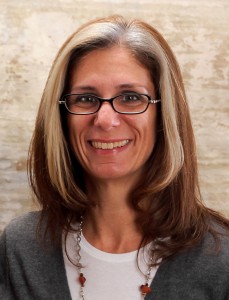 Denise Meringolo, an associate professor of history, is working with community partners to create a website that includes original content and documents history in the days surrounding Freddie Gray’s death. The goal is to provide a historical record of diverse perspectives from the people whose lives were directly impacted by the events.
Denise Meringolo, an associate professor of history, is working with community partners to create a website that includes original content and documents history in the days surrounding Freddie Gray’s death. The goal is to provide a historical record of diverse perspectives from the people whose lives were directly impacted by the events.
“The thing that’s most important for me [is] that it’s broadly collaborative and puts [the] needs and interests of community first,” Meringolo said. “At this point this is a collection project. … Healing at this time feels like skipping over their pain. I think we’ve got to stop skipping over the pain, so people don’t go from trauma to forgiveness and skip over the hard work. I feel like this [is] the beginning of the hard work.”
Read “Baltimore Higher Ed Institutions Fight to Restore the City” in Diverse.

